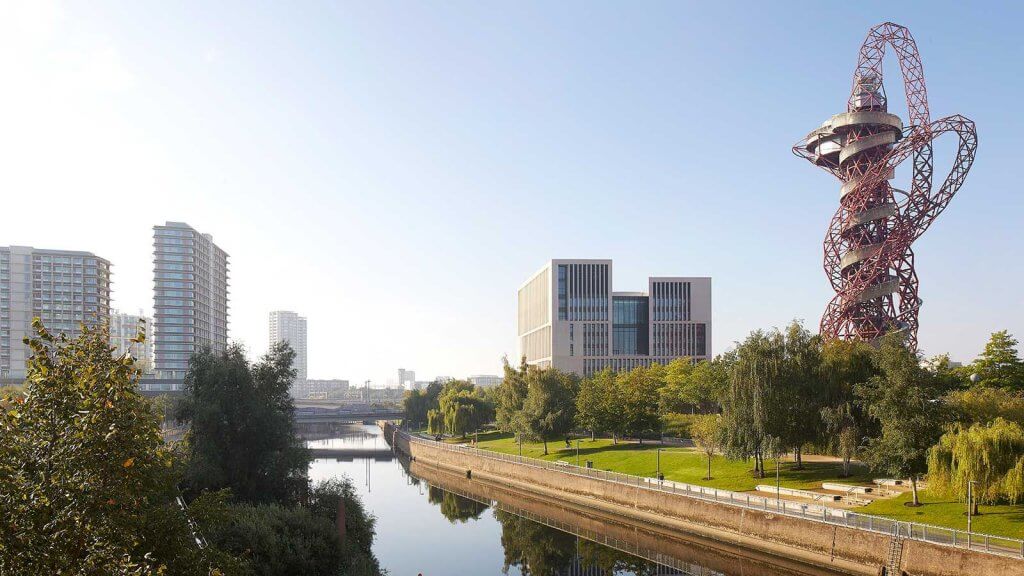Mace Steps In To Rescue UCL’s £300m Neuroscience Hub As ISG Collapses

In a remarkable turnaround, Mace has been appointed to steer University College London’s (UCL) £300m neuroscience project to completion, following the collapse of the previous contractor, ISG, in September. The high-profile construction project, located at 256 Gray’s Inn Road, will become a state-of-the-art research and healthcare hub, housing some of the UK’s most vital neurological research facilities.
The setback came after ISG, initially awarded the contract in 2019, entered administration this autumn, leaving several of its projects in limbo. ISG had achieved significant progress, including topping out the building last May, but insolvency led to abrupt stops across its portfolio. UCL, in anticipation of such a challenge, prepared contingencies to ensure the landmark project stayed on course. “ISG’s insolvency was disappointing news,” a UCL representative acknowledged. “But we had plans in place to respond.”
After an extensive procurement and selection process prioritizing quality and project continuity, Mace emerged as the chosen contractor. The company’s statement on Monday emphasized the meticulous approach taken to secure the job. “We are committed to advancing the site’s completion,” it read, citing the upcoming three-month assessment of the site as part of its onboarding. During this phase, Mace will finalize its terms, develop an updated timeline, and potentially engage existing suppliers from the previous team, integrating their expertise into the project.
Once complete, the 17,500-square-meter neuroscience center will be transformative. As the future home of UCL’s Queen Square Institute of Neurology, the UK Dementia Research Institute, and outpatient units for UCL Hospitals, it is set to accommodate up to 1,000 researchers, clinicians, and patients across seven stories of labs, workspaces, consulting rooms, and collaboration spaces. The cutting-edge design also includes a 220-seat lecture theater and an MRI suite equipped with five scanners, underscoring the facility’s commitment to advancing neurological research and patient care.
The costs of the project, initially approved in 2019, have seen an £18m increase—reflecting the broader inflationary pressures facing large-scale developments across the UK. However, both Mace and UCL remain steadfast in bringing this groundbreaking center to fruition. Mace Construct’s managing director for the public sector and life sciences, Robert Lemming, commented, “We recognize the facility’s vital role in advancing neurological research and treatment, and we are committed to ensuring its successful completion.”
UCL’s dean of the faculty of brain sciences, Professor Alan Thompson, expressed optimism for the facility’s future impact. “This extraordinarily complex and ambitious project will play a critical role nationally and internationally in transforming patients’ lives. I look forward to seeing the project come to fruition.”
Mace’s history with UCL includes its successful completion of the £200m Marshgate campus last year, further cementing its partnership with the university. ISG’s exit, which affected multiple large projects nationwide, left a void now filled by firms like Mace and Nottingham-based Universal Civils & Build, which has taken over a Chesterfield leisure center ISG initially contracted in 2023.
The fallout from ISG’s collapse underscores the volatility in the construction industry. Once ranked as the UK’s sixth-largest contractor, ISG owed its supply chain over £301m upon entering administration—a stark reminder of the financial and logistical complexities facing even the biggest players.
Picture credit: Mace




